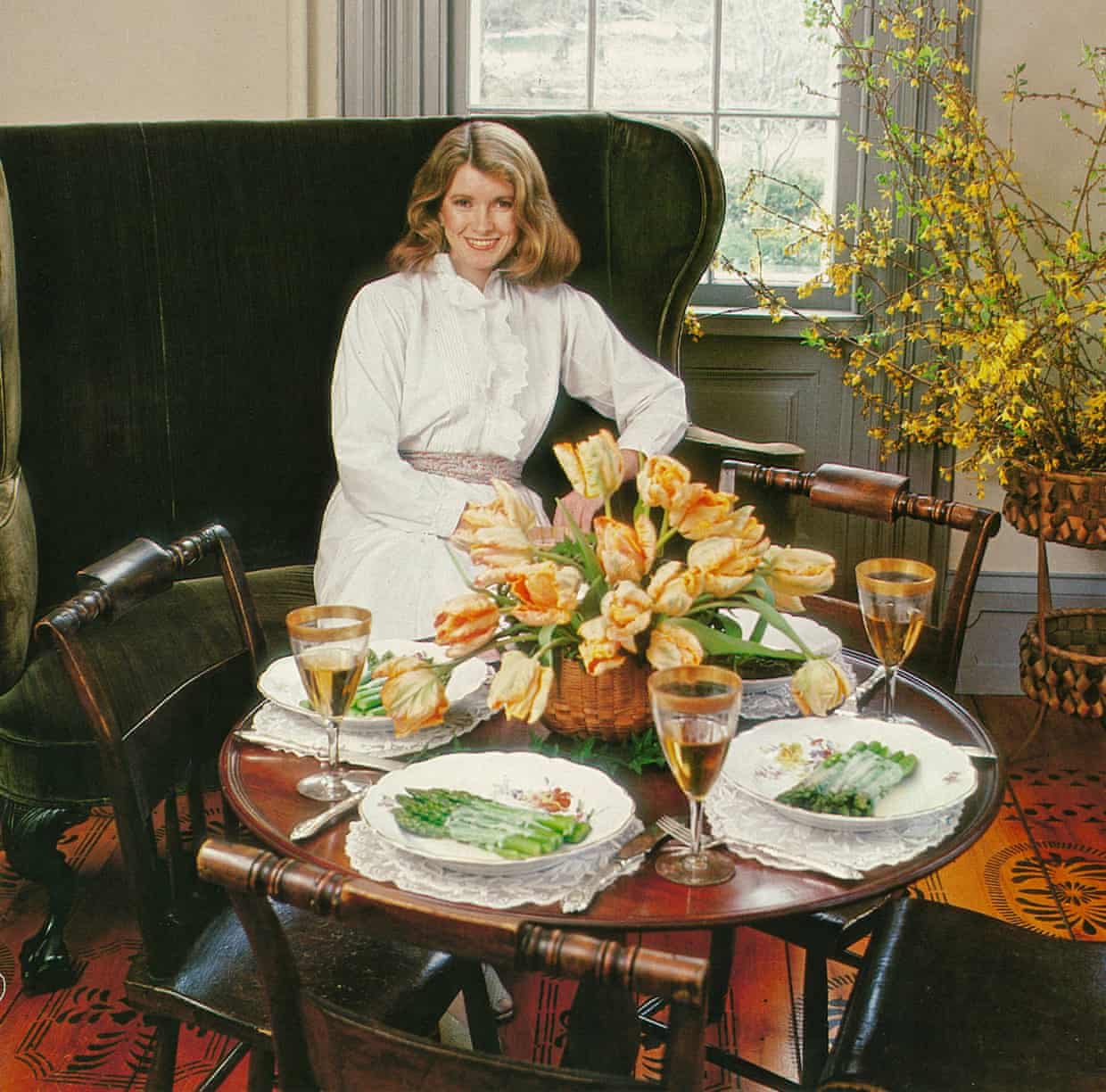How Lord Dannatt used his peerage to open doors for business interests

The flowers and hamper that arrived at the Tower of London had been sent by a small energy company based in Sierra Leone,They were a gift to Richard Dannatt, the former head of the British army, who a few months earlier had introduced the company’s executives to the minister for Africa,It was a move they hoped would smooth the way for the fledgling company’s grand plans to build a £500m hydroelectric dam,With support from the UK government, the company had a better chance of getting the dam built,The dam, they said, would bring much-needed cheap electricity to many people in Sierra Leone.
But it could also bring profits to the company, and Dannatt was not only to receive flowers and upmarket produce, he was also given shares.The energy company was not the only firm for which Dannatt had greased the wheels.After 40 years of armed service, during which he was awarded the Military Cross at the age of 22, the former general set himself up as a consultant, offering his services to clients that include a US defence contractor, a lobbying company advising the Armenian government and a bidder launching a takeover of a fertiliser factory.At issue though is that, freshly decommissioned in 2009, Dannatt had also taken up two new posts.The first was the largely ceremonial role of constable of the Tower of London.
That gave him the Queen’s House, a grace-and-favour apartment in one of the most iconic buildings in London.The second, a peerage awarded by David Cameron, gave him a seat in parliament for life.No doubt, for Dannatt, the roles meant that even in retirement he could continue to serve his country.They also gave him access to those in power – access, the Guardian revealed, he has been all too happy to use.After an eight-month investigation, the House of Lords committee made a remarkable ruling earlier this week.
The man who told the Guardian he had “always acted on my personal honour” has been found to have broken the rules four times since 2022 and will be suspended from parliament for four months.The punishment, according to the Lords’ watchdog, was justified not only because he had broken the rules repeatedly, but also because a peer who had sat in parliament for a long time had failed to understand one of its code’s key principles – a peer cannot lobby for payment.It was January 2011 when Dannatt, robed in ermine, was introduced to a hushed House of Lords as Baron Dannatt.Within the year he was using his position to help Joule Africa, the Anglo-American company selected to manage the £500m hydroelectric project.He set up the meeting with company executives and the minister for Africa in September 2011.
The minister heard from the company about its work and asked them what more the government could do to help.They said they were looking at Cameroon.The minister put them in touch with the British high commissioner there.A few months later, in December, Dannatt was invited to join the advisory board, and was given shares in the company rather than a salary.Introductions, it would seem, are what the former general has to offer.
Years after the meeting with the minister for Africa, Joule had been acquired by another company, Blue International, and in January 2024, it had a problem with its goldmine in Ghana,In stepped Dannatt again,He wrote to the top British official there to ask for her help “on a commercial matter that, although beneficial for the company concerned, is in the UK national interest”,In turn, according to Dannatt, the high commissioner raised the matter with the Ghanaian government “with a satisfactory outcome”,Now the Lords’ commissioner for standards has found that Dannatt’s recent intervention on behalf of Blue International was exactly the sort of special access to government the House of Lords rules prohibit.
And it was what Dannatt brazenly offered to two undercover Guardian reporters earlier this year, after being approached to be a paid member of a fake company’s advisory board.Speaking from his home office, his arms tightly crossed, Dannatt bragged how he could “easily rub shoulders with people” in Westminster and how he would find the right person for the fake property developer to lobby.“Without any guarantees that I could magically open doors,” he said, “one could probably help facilitate a conversation”.The property developer’s work would have to align with the best interests of the country, he was keen to stress.The problem was he was also keen that it aligned with his interests too, pressing upon the undercover reporters he was not intending to make introductions for free.
An offer of between £1,800 and £2,800 a day was, he said, “a ballpark I recognise”.His statements to the undercover reporters, ruled the Lords watchdog, broke the fundamental principle of the house: that peers should “always act on their personal honour”.It is not just the spirit of the rules Dannatt has trampled on.Though he was found not to have broken lobbying rules by offering his services to the undercover reporters as he did not receive a payment, it was a different matter when it came to the useful conversations he had facilitated for many of his clients.Working for a consortium, UK Nitrogen, seeking to take over a factory facing closure in 2022, Dannatt stepped in.
The consortium needed the government to provide £10m in financial support.His plan of attack was simple.First, he contacted a minister he knew in the business department to ask if he could be put in touch with the relevant minister.An introduction was made.Next, he contacted a senior official in the department to seek a meeting.
He made clear in an email his “intervention is to elevate the discussion to ministerial level”,The meeting was organised,Then he met the minister, bringing his business partner in the consortium,Though the government ultimately refused to support the bid and the deal collapsed, Dannatt received four payments, which he described to the Guardian as “honorariums”, refusing to say how much they were,It turns out he was paid a total of £8,000, payment the commissioner found in all likelihood took into account the access “undoubtedly facilitated by Lord Dannatt’s status as a parliamentarian”.
They attacked the factory with sledgehammers, paint and smoke grenades, clad in red boiler suits, and unfurled their banner: Palestine Action.The December 2022 protest was at a factory in north Wales operated by a subsidiary of the US defence company Teledyne.Earlier that year, Dannatt had joined Teledyne’s advisory board.Palestine Action’s attack gave the old warhorse an opportunity to show them his worth in defending the company.In January 2023, at the instigation of a senior US Teledyne executive, Dannatt wrote to the home secretary, once again in breach of the rules.
The letters were grandly headed: “General the Lord Dannatt GCB CBE MC DL”, addressed from the House of Lords,Sign up to First EditionOur morning email breaks down the key stories of the day, telling you what’s happening and why it mattersafter newsletter promotionHe demanded the group be addressed “at the highest level”,Ever aware of the chain of command, he said he had “undertaken to brief the Teledyne main board in the United States that the threat from Palestine Action in the UK is being suitably addressed”,After further attacks on Teledyne facilities, Dannatt contacted ministers again in September 2024 at the behest of company executives,Both times, he said in his letters to ministers that he was a member of Teledyne’s advisory board.
But the rules do not permit lobbying even if you have said you have been paid to do so.When the activists who had attacked the Teledyne factory were prosecuted, the court heard a concerning allegation: that the peer had sought to influence the criminal investigation into them.The court heard that shortly after the protest, the police officer in charge of the investigation had emailed his superiors to say that a senior Teledyne executive had “spoken to Lord Richard Dannatt about Palestine Action”.The officer wrote: “Essentially there have been an indication that he wants this case to be explained and he wants to have some input on it.They haven’t explained exactly what he wants, however I have told them that it would not be wise to have a member of the House of Lords poking around in a live criminal case.
”Under cross-examination from a defence barrister, the officer was asked if he was concerned that Dannatt was seeking to have some input into a live criminal investigation.He replied: “Yeah, to a certain extent, yes.”The barrister then asked: “And you thought that that was inappropriate … and you told [Teledyne] as much?” The officer replied: “Yes.”Dannatt said he was completely unaware of the exchanges in the trial and said the allegations were “baseless”.These allegations were not considered by the Lords commissioner.
Dannatt’s work for Joule Africa, Teledyne and UK Nitrogen clearly demonstrates the value of having a lord on the board, especially one prepared to use the position to open doors for those clients.But something else lingered over the meeting with the Guardian’s undercover reporters, from his defensive opening, arms crossed, to his closing remark: “I don’t expect to see any of this in the Sunday Telegraph on Sunday.”In 2012, a few months after he was sent flowers and a hamper by Joule Africa, two more visitors came to his grace-and-favour apartment in the Tower of London, a house steeped in history: Anne Boleyn was led out to execution from those rooms.They were undercover journalists from the Sunday Times.They wanted him to join their advisory board to promote a new defence product.
They secretly filmed the peer as he suggested it sounded like “an intelligence-gathering role and connection-making role”.For this, he would be paid £100,000-a-year for one to two days a month.In exchange, he would speak to officials in charge of procurement.He told them of a specific example he had lined up to have dinner with his old school friend at a banquet.That old friend happened to be the permanent secretary at the Ministry of Defence.
When the story was published, the result was outrage and an investigation by the Lords standards watchdog,On the basis there was no evidence he had used his parliamentary role to actually lobby, he was cleared of wrongdoing,The problem for Dannatt is, this time, the Lords commissioner for standards has not cleared him,Responding to the report, Dannatt said: “I deeply regret the commissioner’s findings regarding my personal honour and I decided that the honourable course of action was not to waste the conduct committee’s time by appealing against the findings but to accept the appropriate sanction,”He added: “I also understand that acting in the national interest in good faith … is not an excuse or justification for breaching the code of conduct.
At nearly 75 no one is too old to learn lessons and I hope that these activities will be placed in the context of my 56 years’ public service.”In recommending a four-month sanction – a hefty punishment – the conduct committee said: “The sheer number of Lord Dannatt’s improper interactions with ministers or officials, and their duration over a period of two years, justify a significant sanction.”Additional reporting: Rob DaviesThe best public interest journalism relies on first-hand accounts from people in the know.If you have something to share on this subject you can contact our investigations team confidentially using the following methods.Secure Messaging in the Guardian appThe Guardian app has a tool to send tips about stories.
Messages are end to end encrypted and concealed within the routine activity that every Guardian mobile app performs.This prevents an observer from knowing that you are communicating with us at all, let alone what is being said.If you don't already have the Guardian app, download it (iOS/Android) and go to the app menu.Pick ‘Secure Messaging’, follow the instructions to compose your message and select ‘UK Investigations Team’ as the recipient.SecureDrop, instant messengers, email, telephone and postIf you can safely use the tor network without being observed or monitored you can send messages and documents to the Guardian via our SecureDrop platform.
Finally, our guide at theguardian.com/tips lists several ways to contact us securely, and discusses the pros and cons of each.

Chef Skye Gyngell, who pioneered the slow food movement, dies aged 62
Tributes have been paid to the pioneering chef and restaurant proprietor Skye Gyngell, who has died aged 62.The Australian was an early celebrity proponent of using local and seasonal ingredients and built a garden restaurant from scratch, the Petersham Nurseries Cafe in Richmond, south-west London, which went on to win a Michelin star.A statement released by her family and friends read: “We are deeply saddened to share news of Skye Gyngell’s passing on 22 November in London, surrounded by her family and loved ones.“Skye was a culinary visionary who influenced generations of chefs and growers globally to think about food and its connection to the land.“She leaves behind a remarkable legacy and is an inspiration to us all

How to make the perfect butter paneer – recipe | Felicity Cloake's How to make the perfect …
This luxuriantly rich, vegetarian curry – a cousin of butter chicken, which is thought to have been created in the postwar kitchens of Delhi’s Moti Mahal, though by whom is the subject of hot dispute – is, according to chef Vivek Singh, “the most famous and widely interpreted dish in India”. His fellow chef Sanjeev Kapoor describes it as “one of the bestselling dishes in restaurants” there, but here in the UK, though it’s no doubt widely enjoyed, it seems to fly somewhat under the radar on menus, where even the chicken original plays second fiddle to our beloved chicken tikka masala.If you haven’t yet fallen for the crowdpleasing charms of fresh cheese in a mild tomato sauce, consider this a strong suggestion to give it a whirl. Paneer makhni (makhni being the Hindi word for butter, hence also dal makhni), tastes incredibly fancy, but it’s relatively simple and quick to make. Just add bread and a vegetable side to turn it into a full feast

Fluffy and fabulous! 17 ways with marshmallows – from cheesecake to salad to an espresso martini
They come into their own around Thanksgiving in the US, used alongside savoury dishes, as well as in desserts. Now is the time to try them with sweet potatoes, in a strawberry mousse, or even with soupThe connection between marsh mallow the herbaceous perennial, also known as althaea officinalis, and marshmallow the puffy cylindrical sweet, is historic. In the 19th century, the sap of the plant was still a key ingredient of its confectionary namesake, along with sugar and egg whites. But that connection has long been severed: the modern industrial marshmallow is derived from a mixture of sugar, water and gelatine. Its main ingredient is air

The Shaston Arms, London W1: ‘Just because you can do things doesn’t mean you should do them’ – restaurant review | Grace Dent on restaurants
A pub that wants to be an old-school boozer and a cool restaurant both at the same timeWhile perched inside what felt like a repurposed bookshelf at the draughty back end of the Shaston Arms, sitting next to the dumb waiter and waiting for the ping to herald the arrival of my £16 plate of red mullet with squid ink rice, I had time to consider yet again the so-called “pub revival” in cool modern hospitality. Old boozers are reclaimed, reloved and restored, and the great tradition of going down the pub is celebrated. The Devonshire in nearby Piccadilly is, of course, the daddy, the Darth Vader of this trend, winning plaudits, TikTok adoration and celebrity fans aplenty. So it’s no wonder that myriad other hospitality operators have cast an eye over their local neglected fleapit and thought: “Let’s buy some Mr Sheen, give that old hovel a polish and start serving duck à l’orange and flourless chocolate tart. It’s all the rage! Gen Z loves it!”Whether Gen Z really does love anything about the pub experience as it was in the 20th century is debatable, however, because inside these poshed-up spit-and-sawdust boozers, all the phlegm and fag ash has gone – as have the dartboards, pool tables, punch-ups, topless women on KP peanut pub cards and the ever-present bar-fly alcoholic drinking himself yellow while droning on about his marital problems

Goblets of borscht, turkey-shaped madeleines: why Martha Stewart’s fantastical menus are still an inspiration
The celebrations were imminent and the greenhouse ready to accommodate – among the orchids, in unseasonable November warmth – an intimate Hawaiian luau. The table was set with giant clam shells for serving vessels and miniature hibachis for grilling Dungeness crab. Somebody had found a small, pink pineapple and secured it on the watermelon like a brooch. The hostess considered the merits of a hula dancer, but in the end settled on a more succinct spectacle: a 19lb suckling pig, enwreathed with sub-tropical flowers and caparisoned in bronze.It was, and could only ever have been, a Martha Stewart affair

Winter has finally kicked in – it’s time to crack out the casserole dish and get stewing
At the risk of sounding like a British cliche, can we take a moment to discuss the change in the weather? This week’s sudden drop in temperature has our house excited for potential snow (the children are giddy), with everything suddenly feeling a lot more wintry. New coats are on the hooks, thermals are being dug out and a casserole dish filled with some sort of soup, stew or stock seems to be permanently ticking away on the hob. These range from quick, warming weeknight dinners to leisurely, slow-cooked weekend meals.The Guardian’s journalism is independent. We will earn a commission if you buy something through an affiliate link

B&Q owner holds firm – but others might struggle if a ‘softening’ retail market turns soggy

UK sugar tax to be extended to more soft drinks and milkshakes; markets rally ahead of the budget – as it happened

Europe loosens reins on AI – and US takes them off

Macquarie Dictionary announces ‘AI slop’ as its word of the year, beating out Ozempic face

England can’t change now: Bazball approach must be seen through to its conclusion | Taha Hashim

England have no plans to reward Borthwick with new deal despite winning run